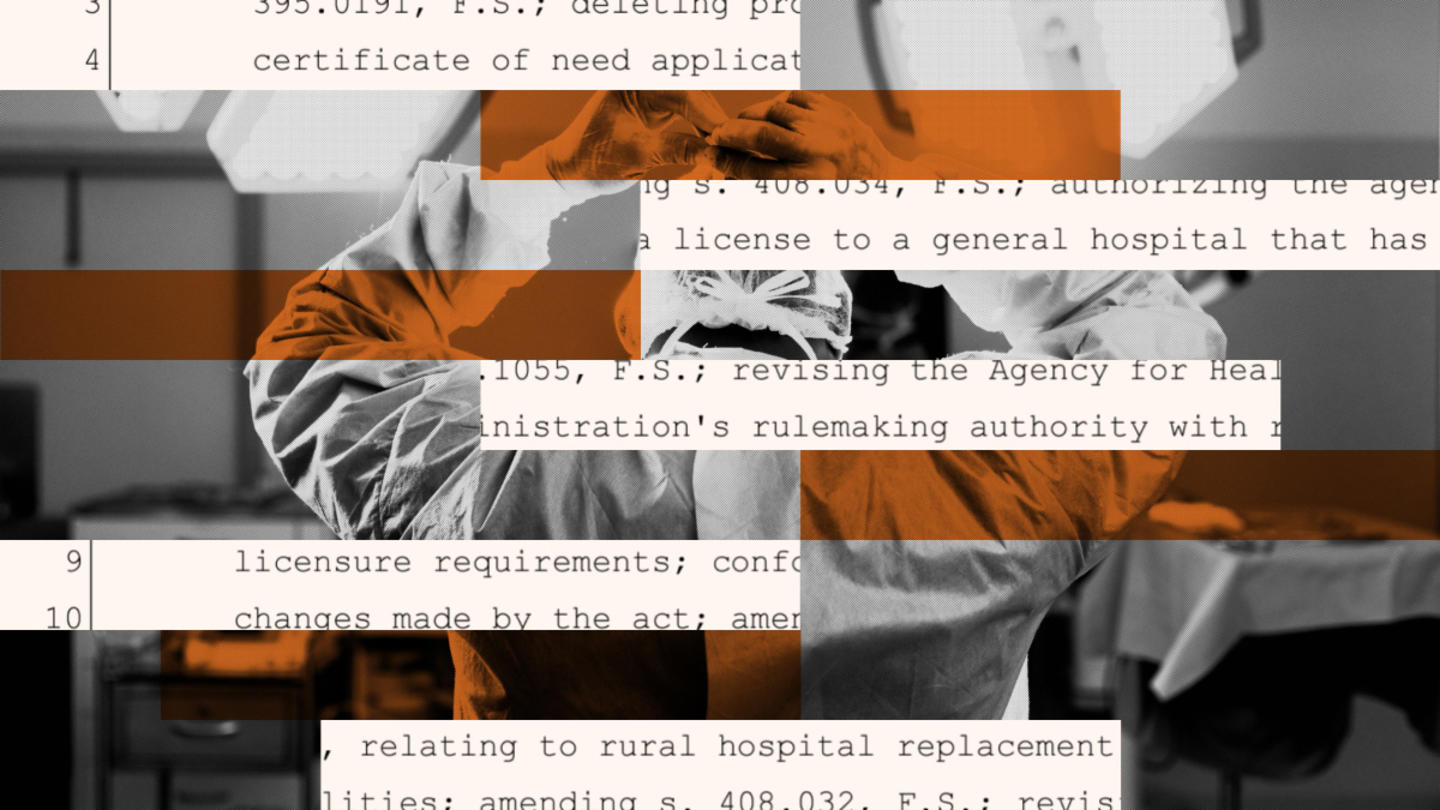As health care providers work hard to meet the growing challenge of seeing patients quickly, an emerging technology offers an innovative new way to screen people for COVID-19. Originally developed to offer health care to people in remote places, telemedicine could become a major asset in battling the coronavirus epidemic. Because the health care provider and the patient are not together, there is no risk of spreading infection. Accordingly, the Centers for Disease Control and the World Health Organization have been urging hospitals and other providers to adopt or increase their telemedicine services.
This approach is already providing significant value, demonstrated by the COVID-19 treatment in China. The incidence of new cases was reduced from 3,000 a day to about 200 a day after half of all medical care was moved online.
Experts are enthusiastic about the role telemedicine can play in treating the pandemic because it is the perfect methodology for screening patients with symptoms. They can consult a medical professional quickly — possibly 24 hours a day — without having to worry about transportation or childcare and get a recommendation for the next steps they should take based on their symptoms. Getting a speedy answer can be a great comfort to worried patients. Research also finds that telemedicine is typically more cost-effective than traditional face-to-face visits and produces outcomes that are comparable or better.
Telemedicine providers such as amwell and MedStar Health have seen an increase in new users and are urging lawmakers to repeal laws that block the delivery of health care via telemedicine. Excitingly, congress recently passed a bill, with bipartisan support, to relax regulations that limit the role of telemedicine for Medicare users. Now the demographic most at risk in the pandemic, Americans over 65, will be able to access more care via telemedicine.
There are still state laws and regulations that must be addressed to fully harness telemedicine as a tool for battling the pandemic. As Michael Barnett, M.D., assistant professor of health policy and management at the Harvard T.H. Chan School of Public Health says, "COVID-19 could be a good use case for telemedicine, but it will partially depend on lawmakers' willingness to relax, or at least streamline, regulation."
In the meantime, entrepreneurs are getting into the game, developing platforms that connect patients with medical professionals. Recently amwell launched a National Telehealth Response Program to help hospitals, health systems, and health plans blunt the spread of COVID-19.
This is the moment. The opportunity has arrived to harness the innovation of telemedicine and enable more access to healthcare for patients of all backgrounds.
Learn more about what the Stand Together community is doing in response to the COVID-19 pandemic.




